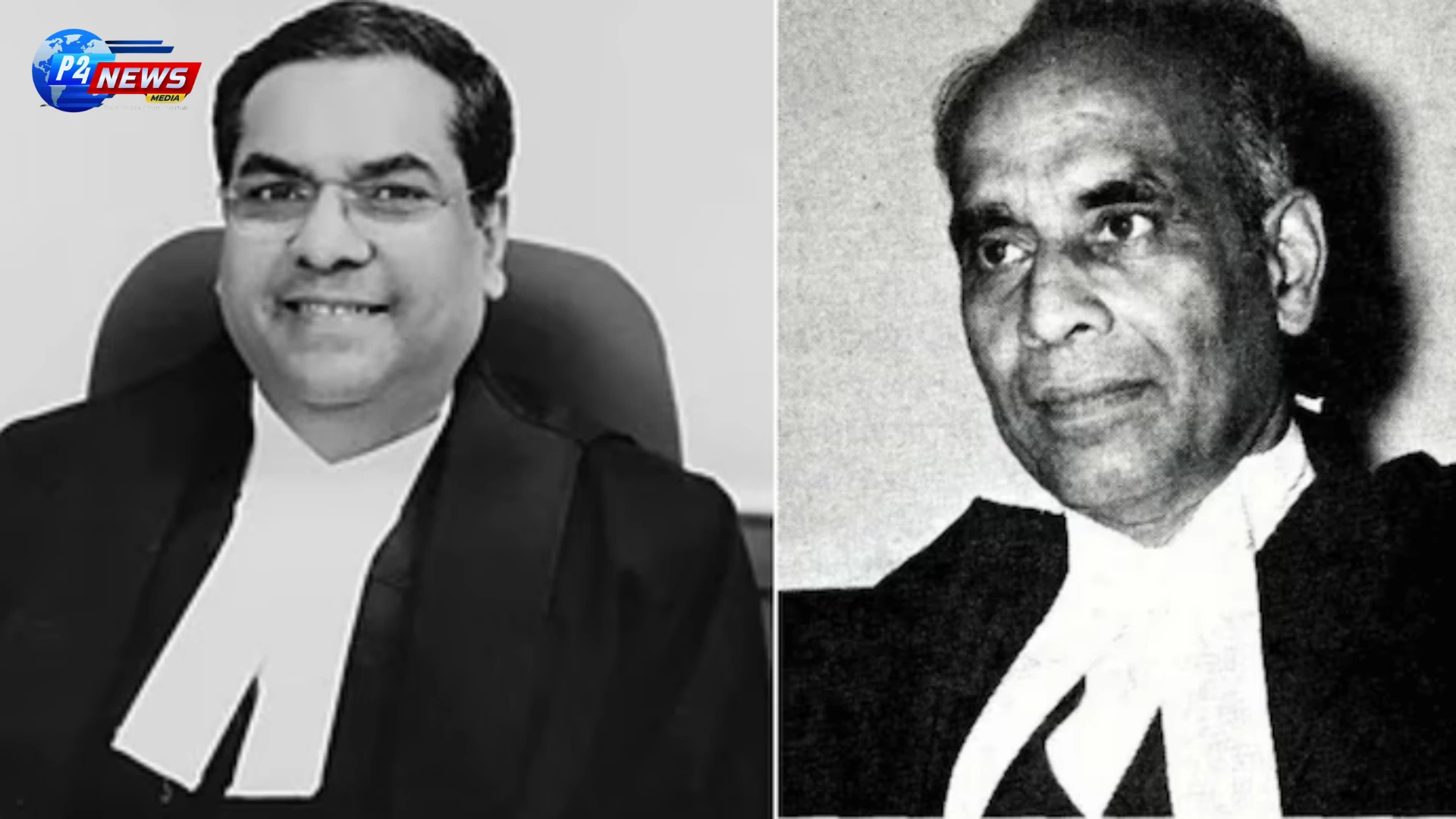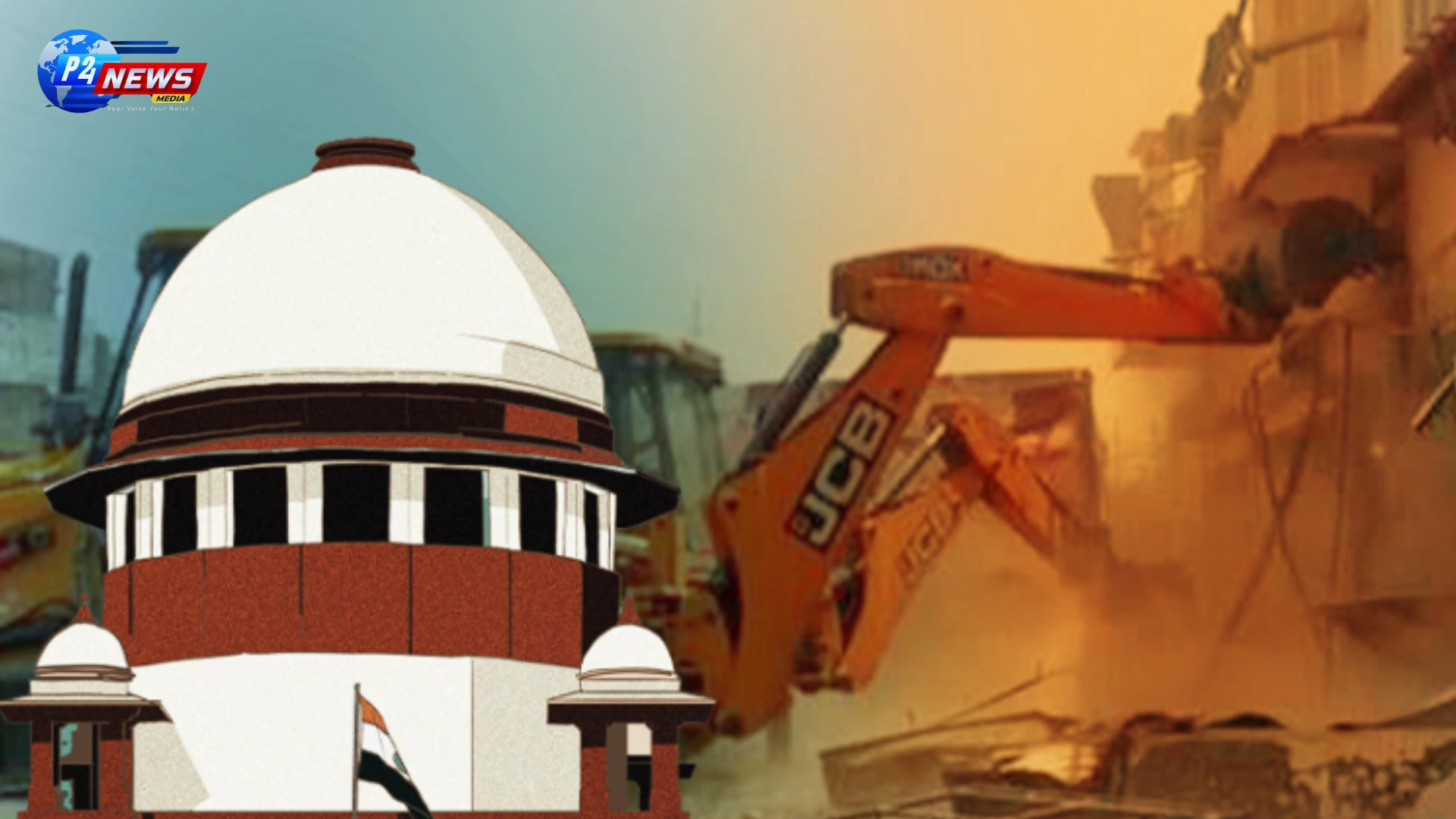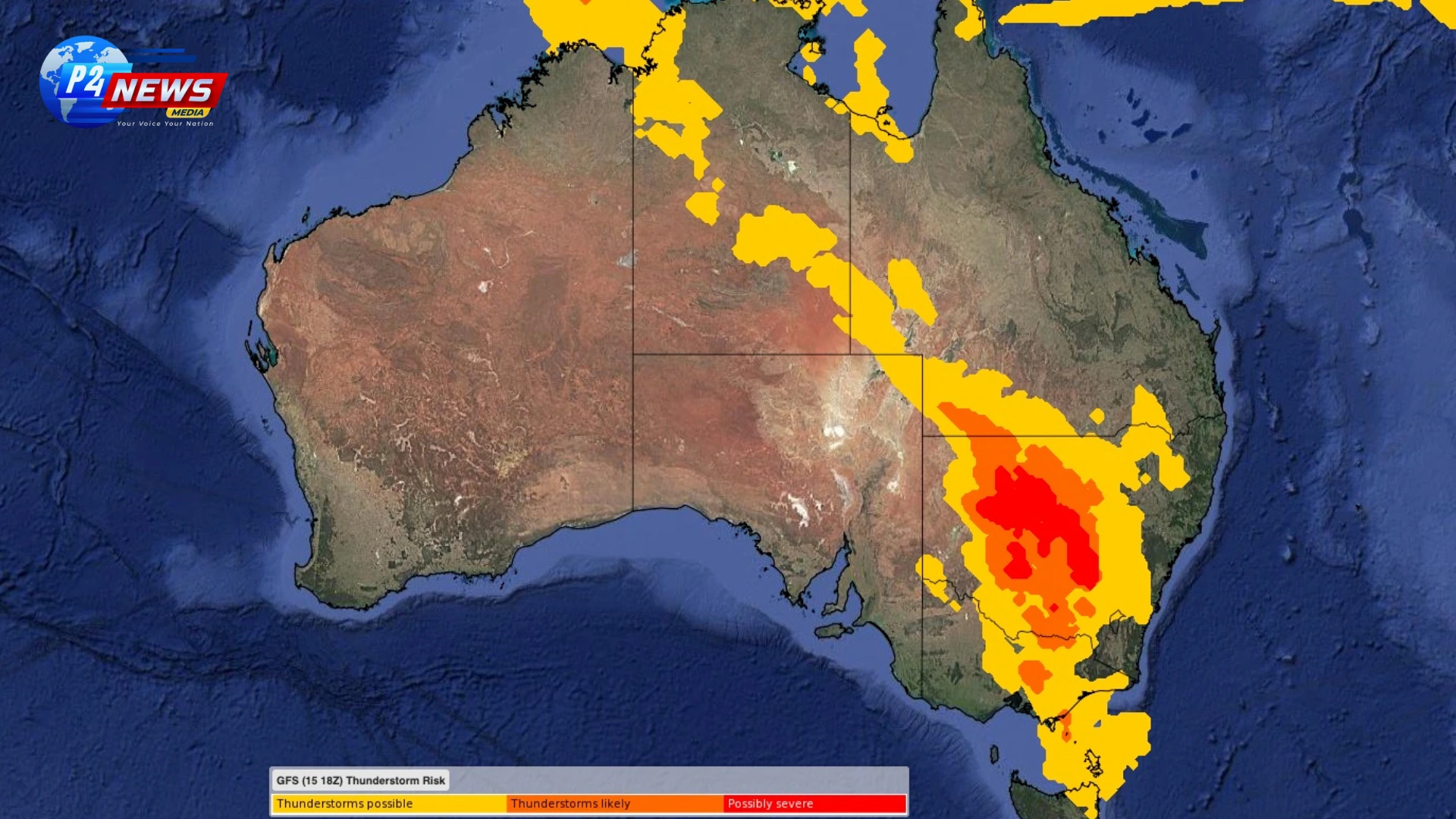Delve into the intriguing history of Justice HR Khanna, who could have been the Chief Justice of India, but faced political hurdles during the Emergency era. Discover the complexities and impacts of the Khanna family's judicial legacy amidst the backdrop of shifting political dynamics.
CJI Sanjiv Khanna Ascends: Unveiling the Untold Story of Justice HR Khanna's Legacy
On a momentous occasion, Justice Sanjiv Khanna took an oath to serve as the 51st Chief Justice of India (CJI) during a concise yet significant ceremony at the Rashtrapati Bhavan. This event marks a pivotal transition as he succeeds Justice D Y Chandrachud, who concluded his term just the day before. This ceremony was graced by notable dignitaries including President Droupadi Murmu, who administered the oath, along with Vice-President Jagdeep Dhankhar, Prime Minister Narendra Modi, and other prominent officials.
Justice HR Khanna: A Legacy Shaped by History
Justice HR Khanna, the uncle of the newly appointed CJI, is a figure whose legacy is often overshadowed by the tumultuous history of India's Emergency period. His principled stance against the government's decisions during this era, particularly regarding civil liberties, ultimately sealed his fate within the corridors of power. Despite being a legal luminary, HR Khanna's path to the CJI title was marred by political interventions, particularly from then Prime Minister Indira Gandhi.
The Emergency Era: A Turning Point
The Emergency declared in 1975 remains a controversial chapter in India's democratic history. During this time, HR Khanna stood firm against the government's arbitrary measures, underscoring the importance of judicial independence. His dissenting judgment in the landmark case of ADM Jabalpur vs. Shivkant Shukla exemplified his commitment to upholding constitutional rights, even in the face of exceptional governmental authority. This decision retains significant relevance, as it reflects the intrinsic balance between state power and individual rights.
Political Influences at Play
Indira Gandhi’s decision not to promote HR Khanna to the CJI position highlights the intricate intertwining of politics and judiciary in India. While the Constitution prescribes the appointment process, it is often influenced by political climates and relationships. This incident serves as a case study on how political decisions can steer judicial appointments, impacting the judiciary's independence.
A Tribute to Justice DY Chandrachud
As Sanjiv Khanna steps into his new role, he takes the reins from Justice DY Chandrachud, who earned acclaim for championing progressive judgments and ensuring the judiciary's pivotal role in upholding democracy. Chandrachud's tenure is marked by notable decisions that reflect a commitment to social justice, illustrating the evolving role of the Supreme Court in contemporary India.
The Future of the Judiciary
The transition from Justice DY Chandrachud to Justice Sanjiv Khanna raises questions about the future trajectory of the Supreme Court. As Khanna prepares to lead, the legal community and citizens alike watch closely, hopeful for a continuation of the progressive ethos established by his predecessor while remaining vigilant against any potential political encroachments.
The legacy of HR Khanna and the political history surrounding judicial appointments remind us of the delicate balance that must be maintained to uphold the sanctity of the judiciary. As we witness the unfolding of new chapters in India's legal history, it is essential to reflect on past lessons to strengthen our democratic framework.
















Comments 0